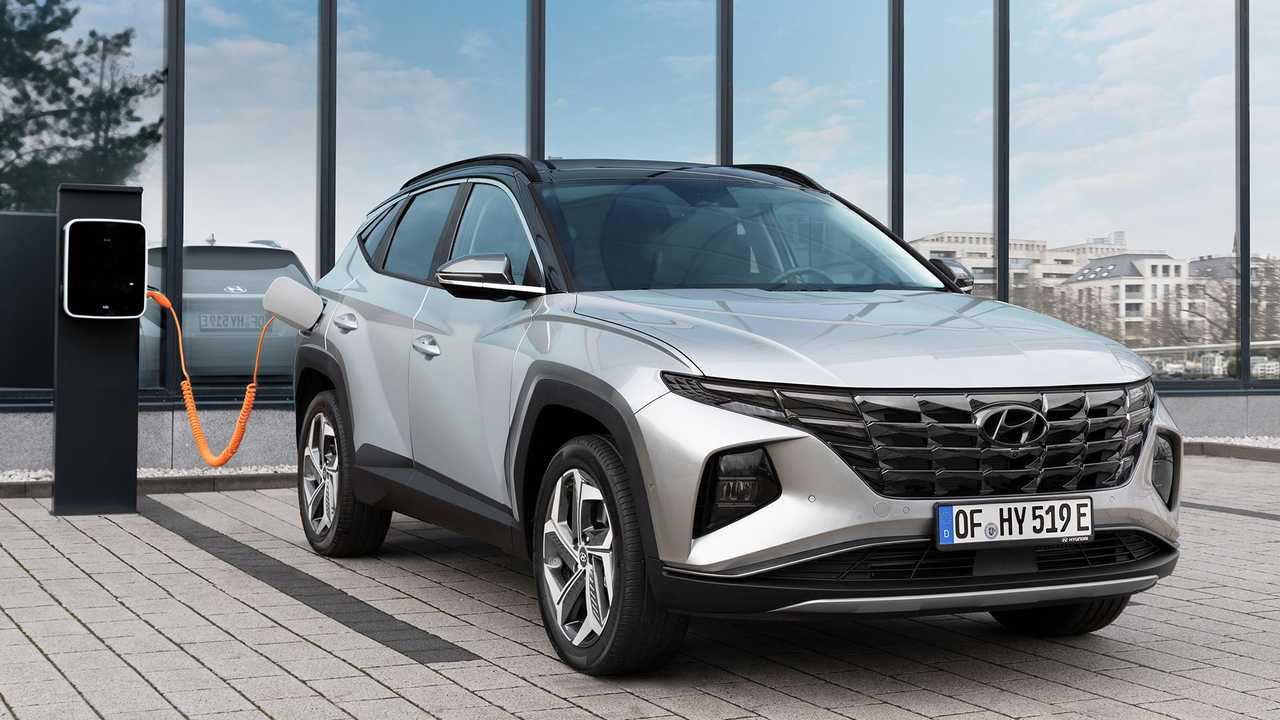The South Korean automaker currently offers seven hybrid models. They aim to increase this number to 14 in the near future. This move is part of Hyundai's strategy to address what they call "EV deceleration" in the market.
Hyundai won't stop at just expanding its hybrid lineup. The company also plans to venture into the large and luxury EV sectors, moving beyond their current focus on compact and mid-size electric vehicles. They're taking a multi-pronged approach to tackle the changing market dynamics.
One of Hyundai's innovative solutions is the introduction of an extended-range EV (E-REV). This new model will offer more than 800 km (500 miles) on a single charge, targeting markets in North America and China. The E-REV aims to ease the "range anxiety" that often worries potential EV buyers.
Despite the current market slowdown, Hyundai remains committed to its long-term EV goals. The company still targets annual sales of 2 million electric vehicles by 2030. They plan to gradually increase their EV model range over the next six years to achieve this ambitious target.
Hyundai's strategy shift reflects broader trends in the automotive industry. While Chinese manufacturers continue to push forward with both electric and hybrid vehicles, some traditional carmakers are pulling back. Companies like Ford, Porsche, and Mercedes-Benz have scaled down their EV sales targets.
Even Tesla, the EV market leader, faces challenges. The company's current sales rate falls short of last year's 1.8 million cars sold. To boost sales, Tesla has implemented global price cuts of up to 20% over the past year.
Source: Hyundai

